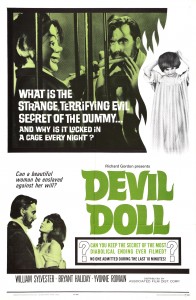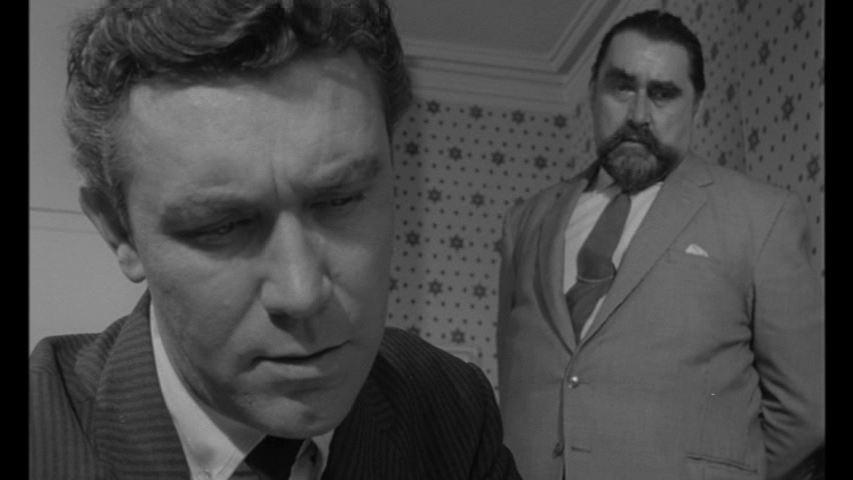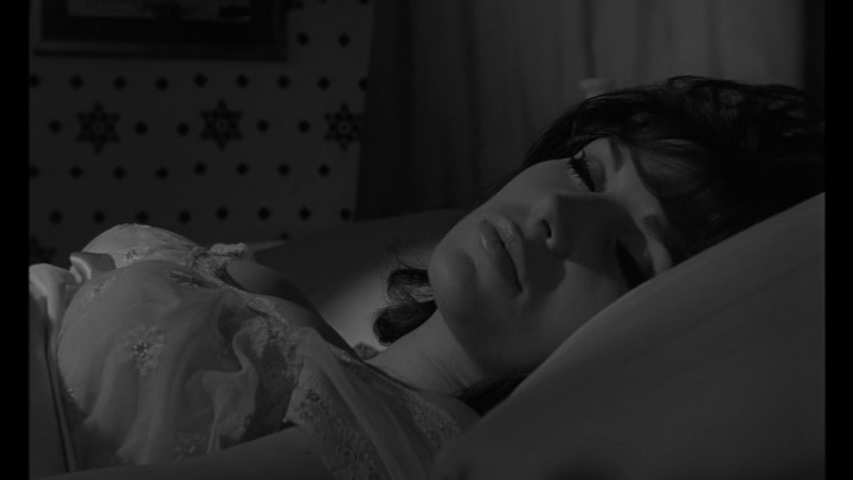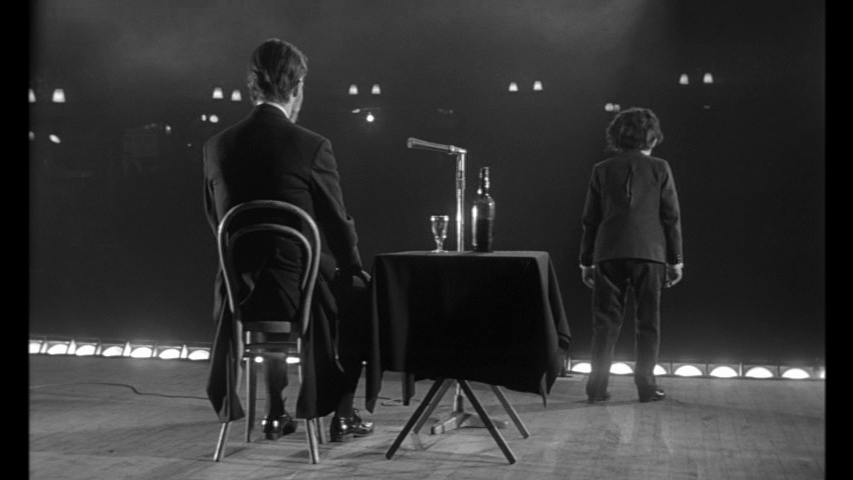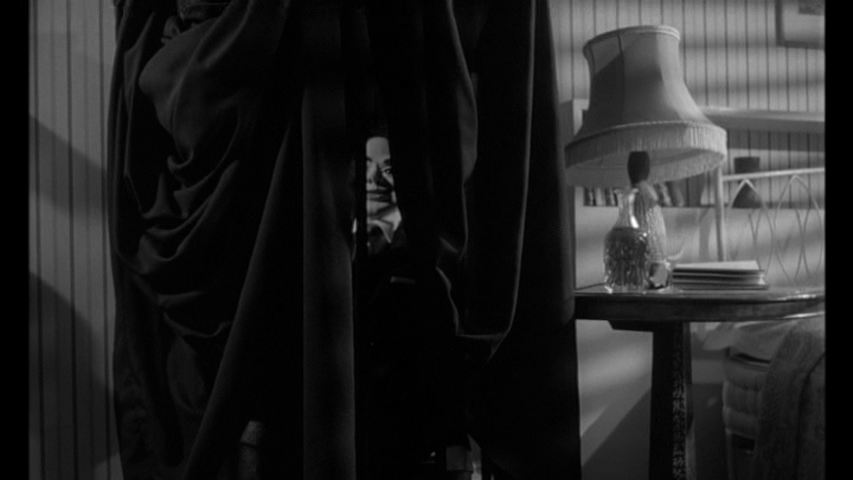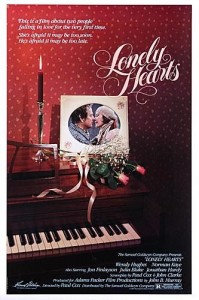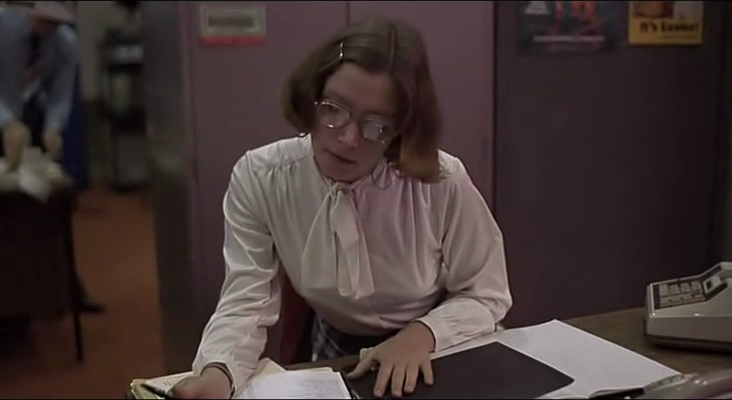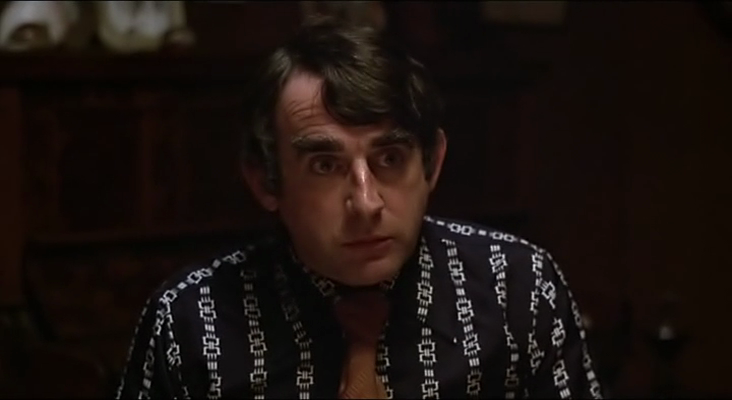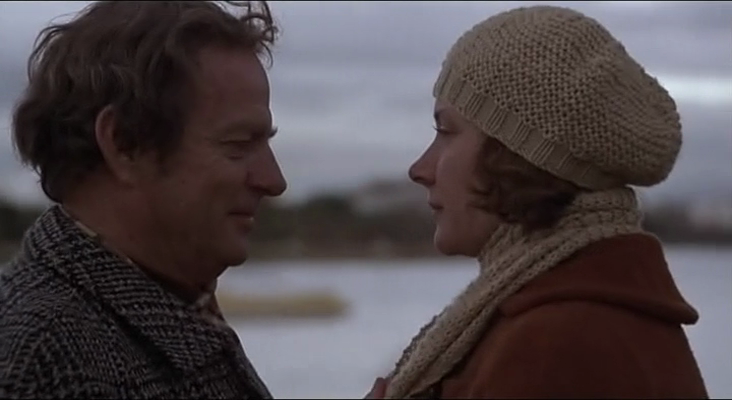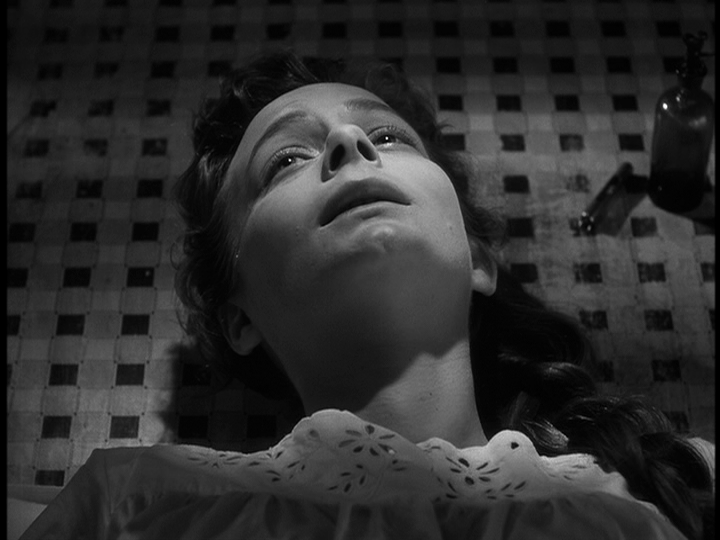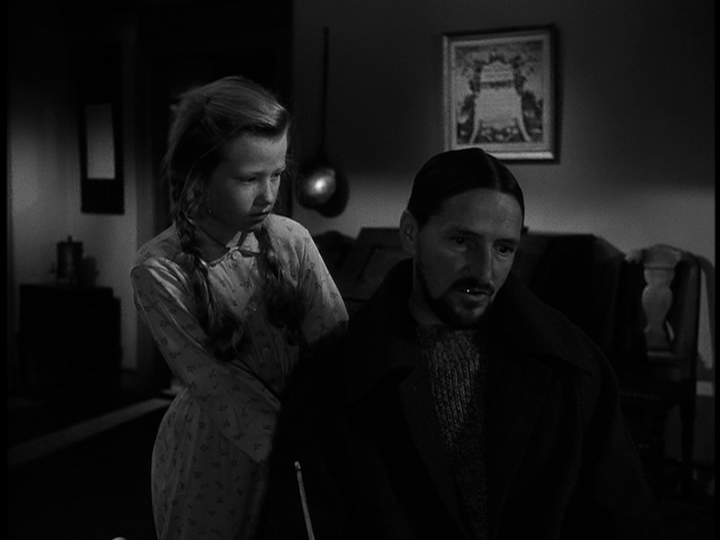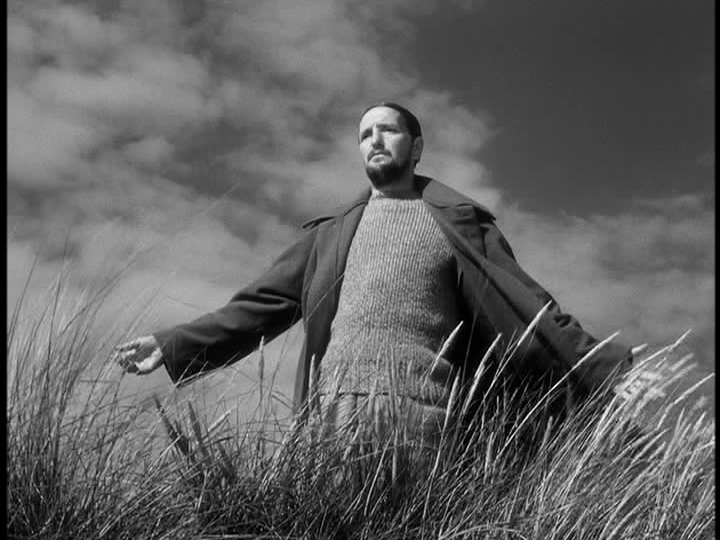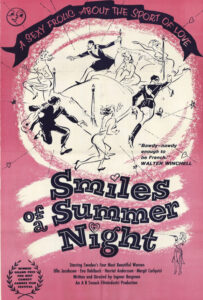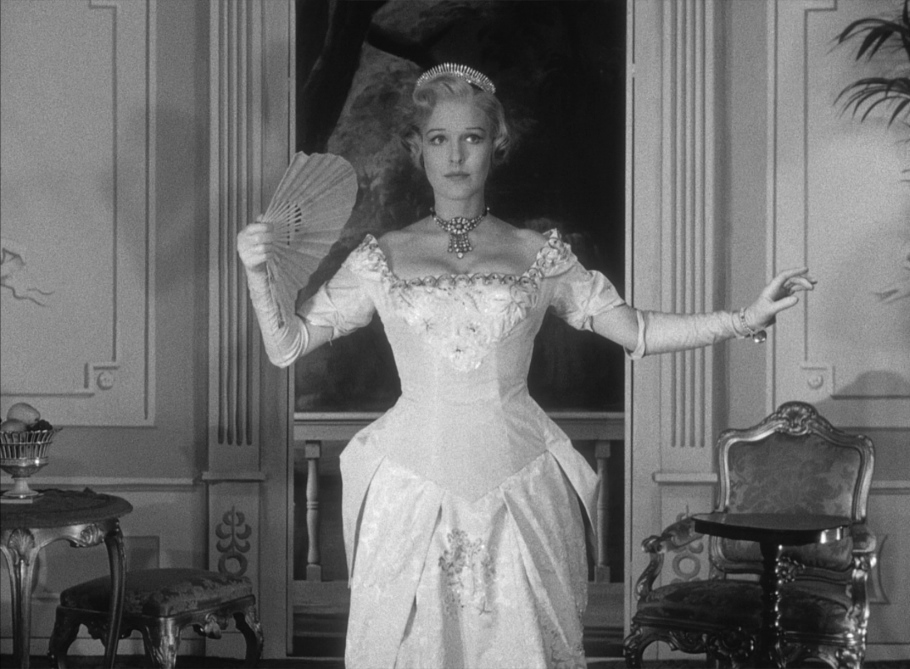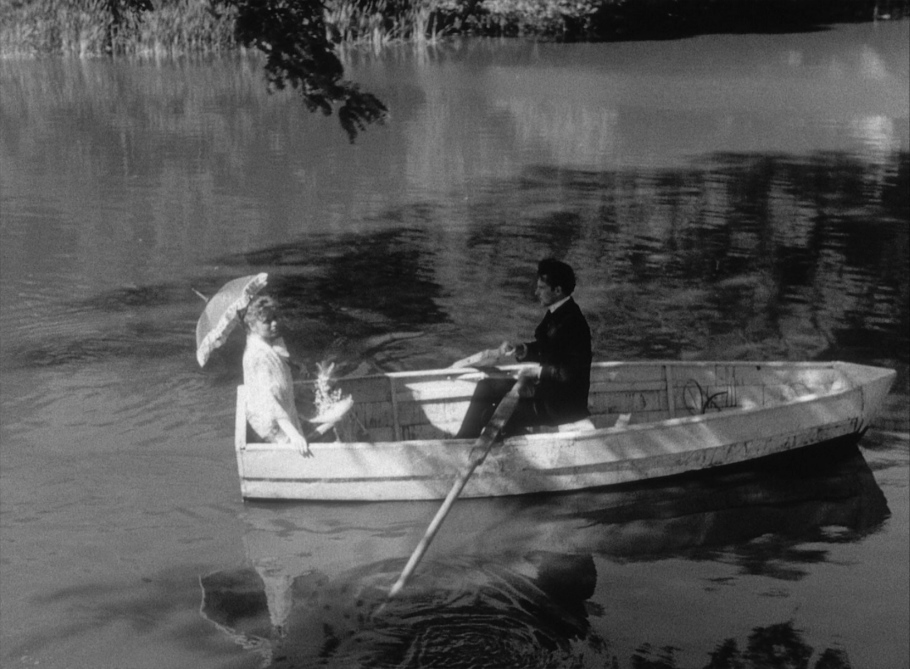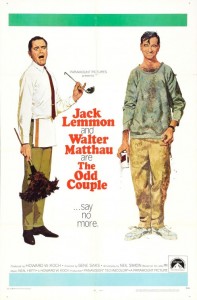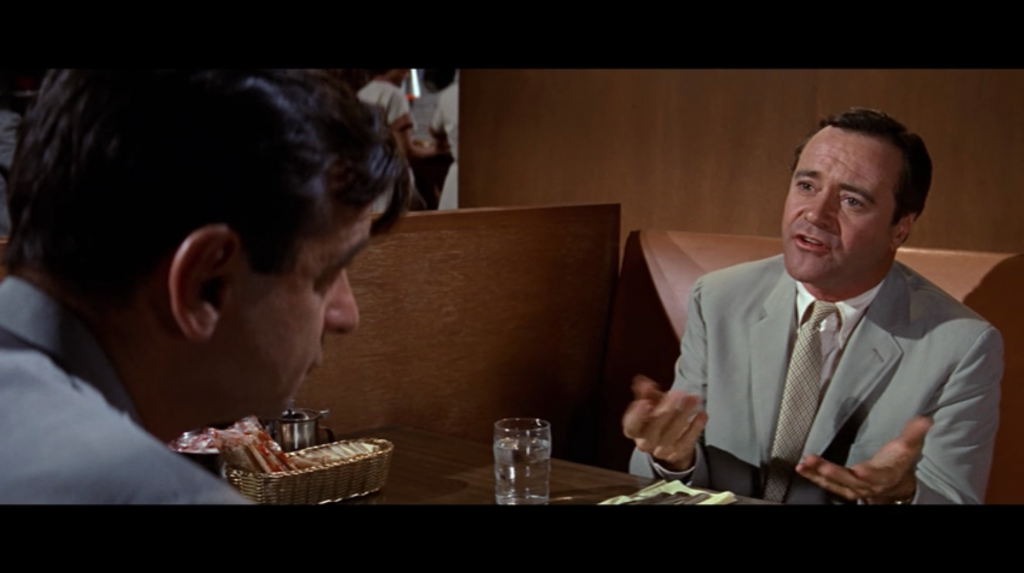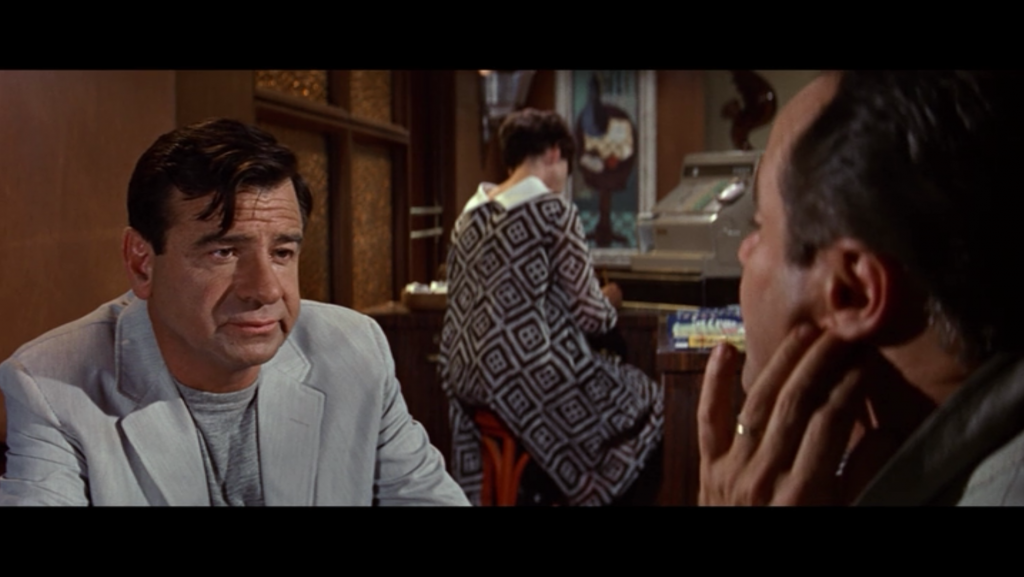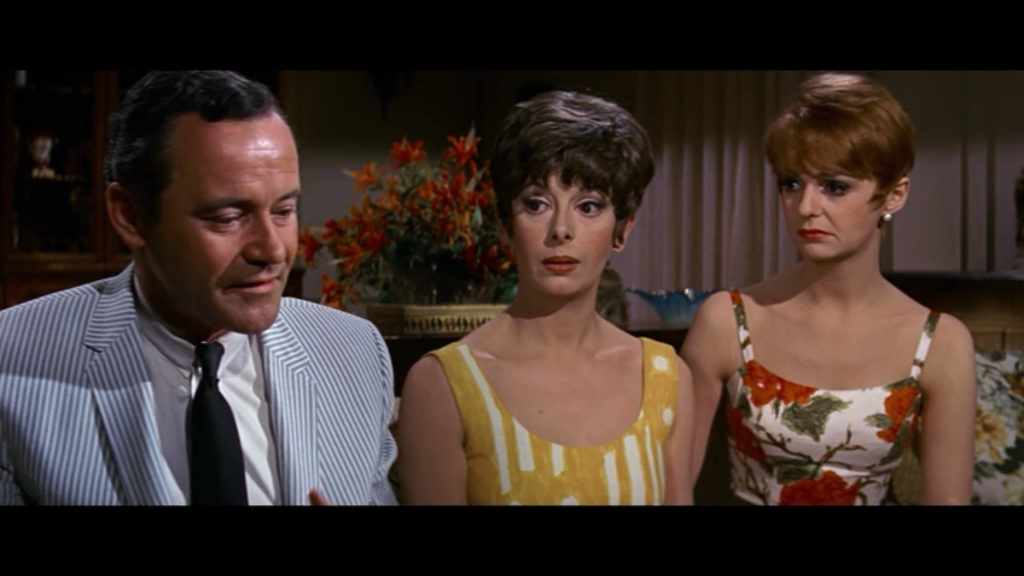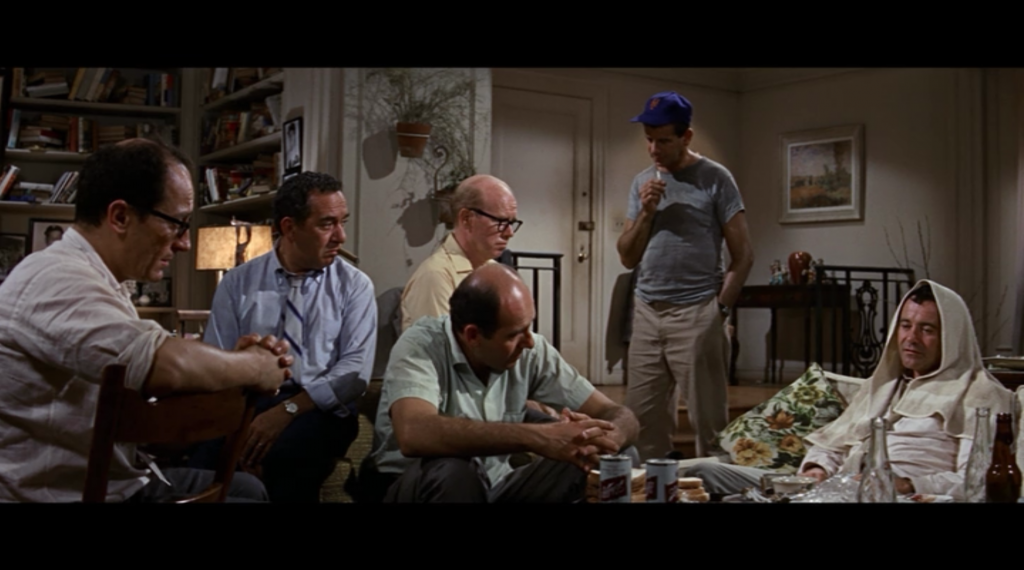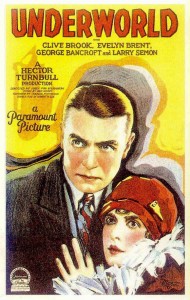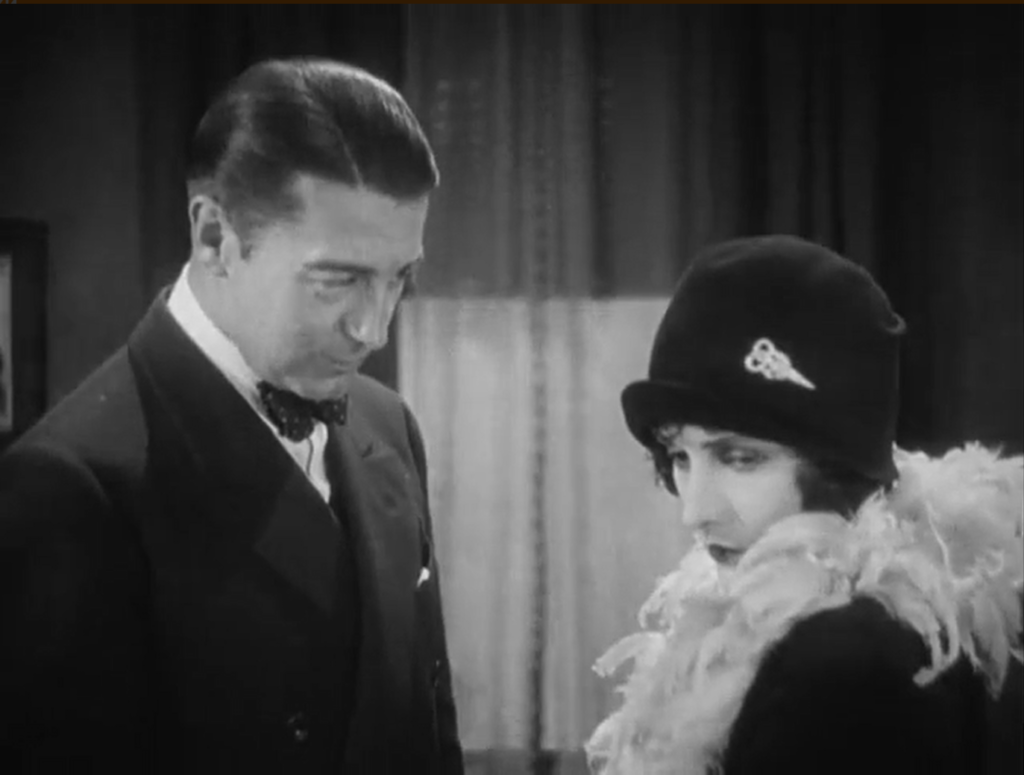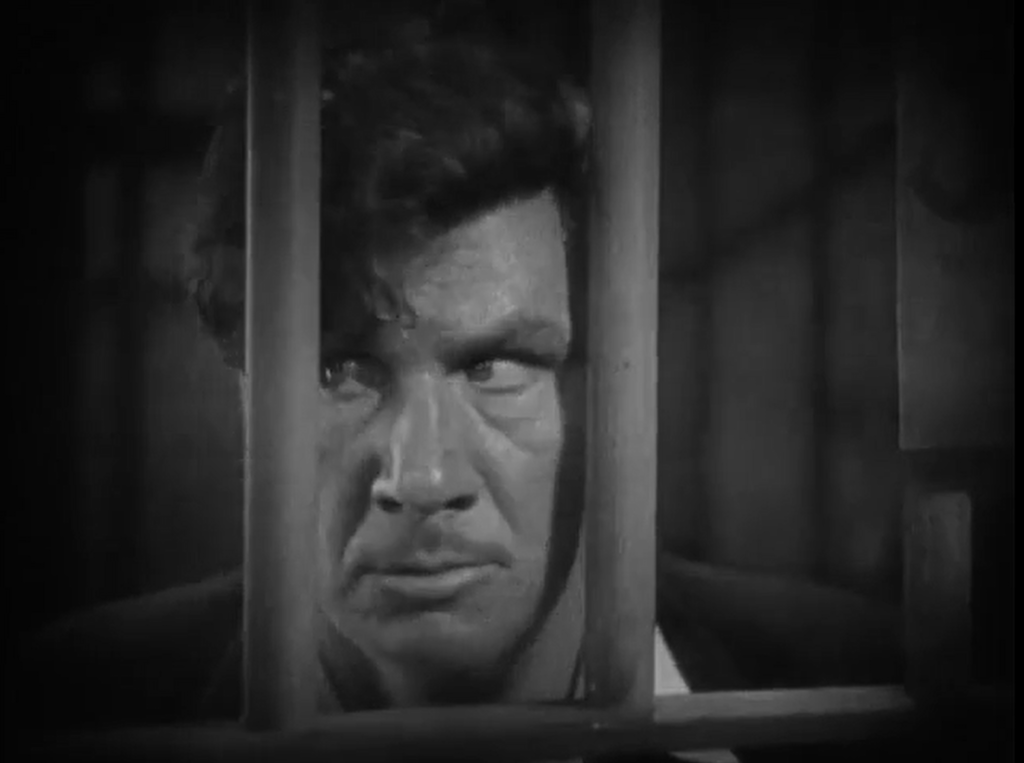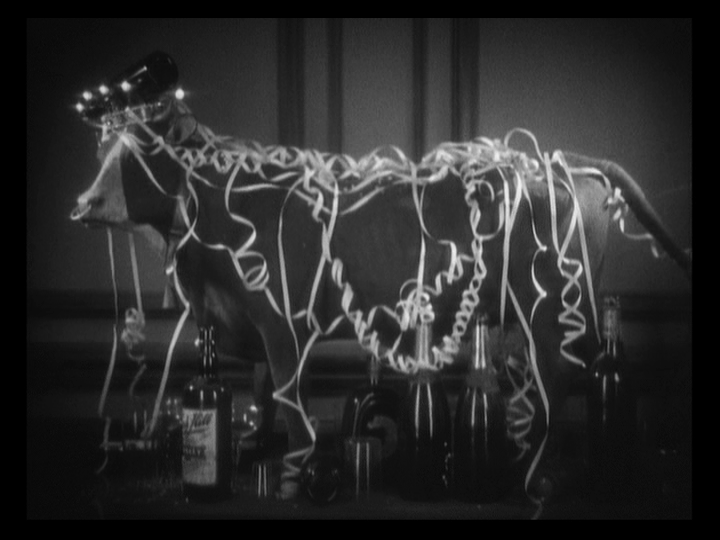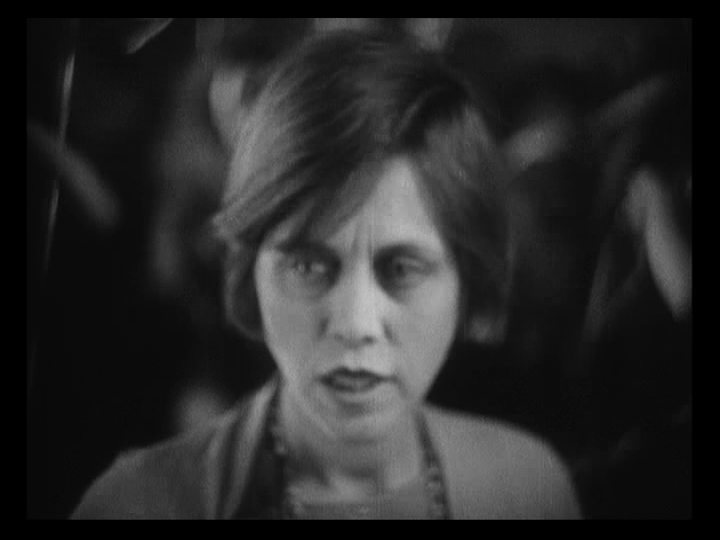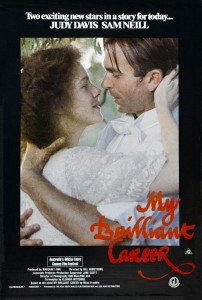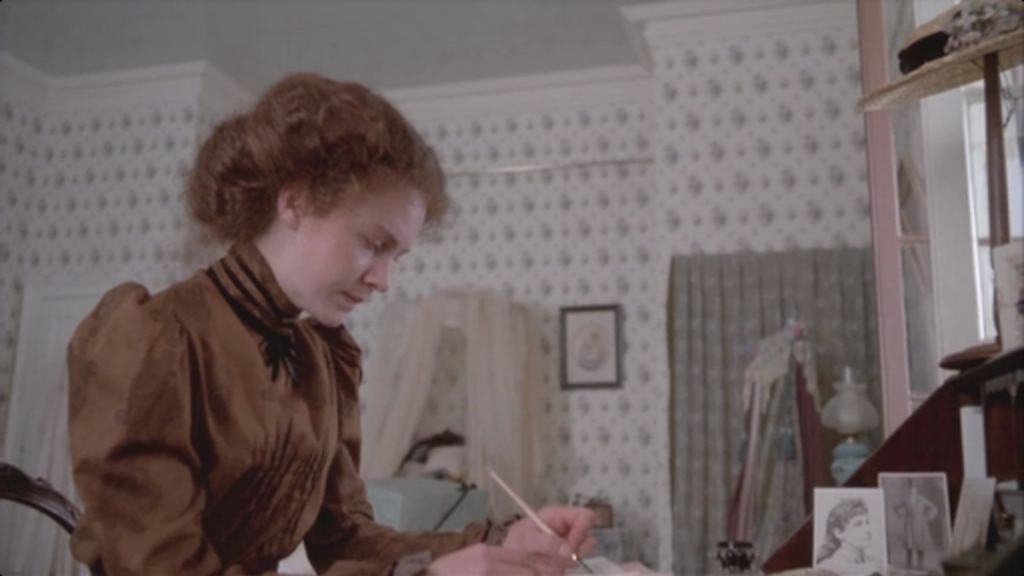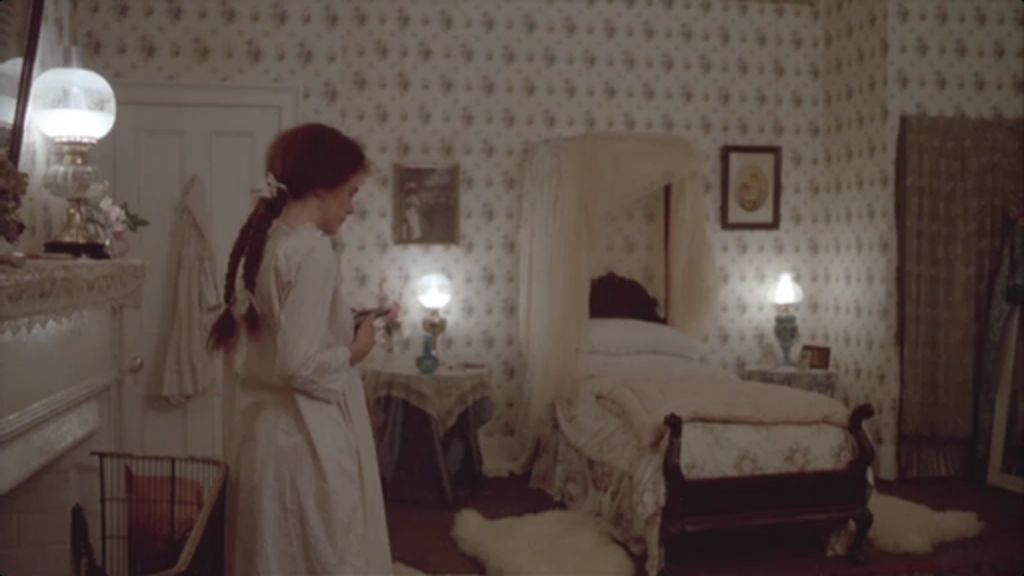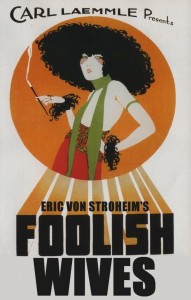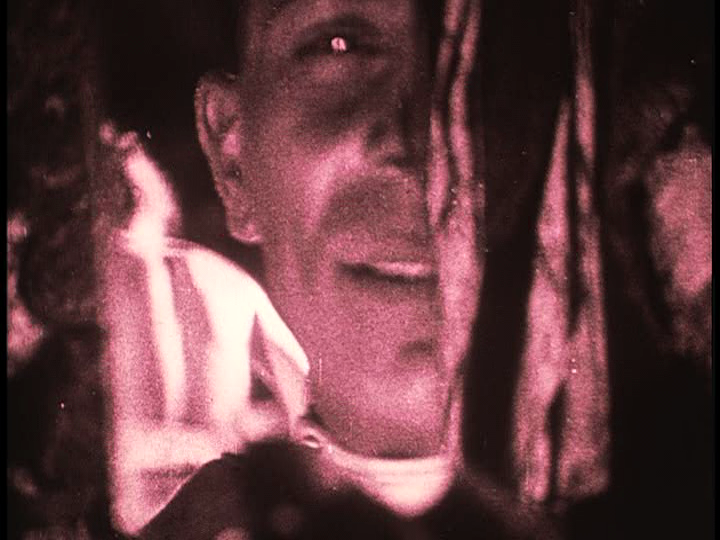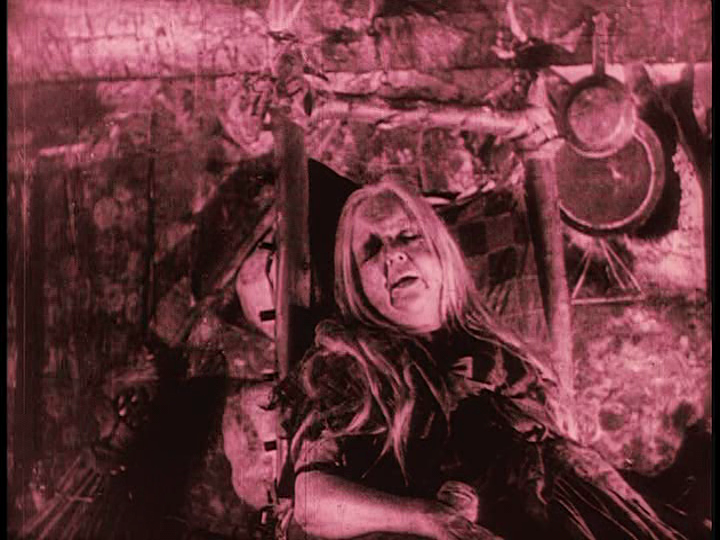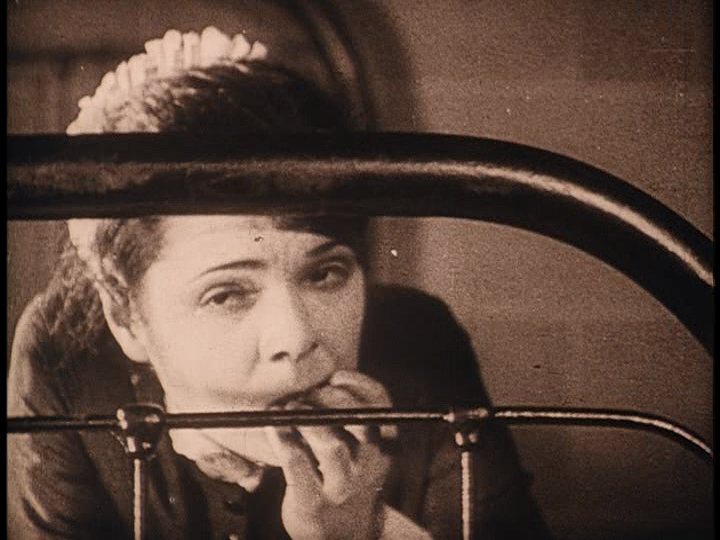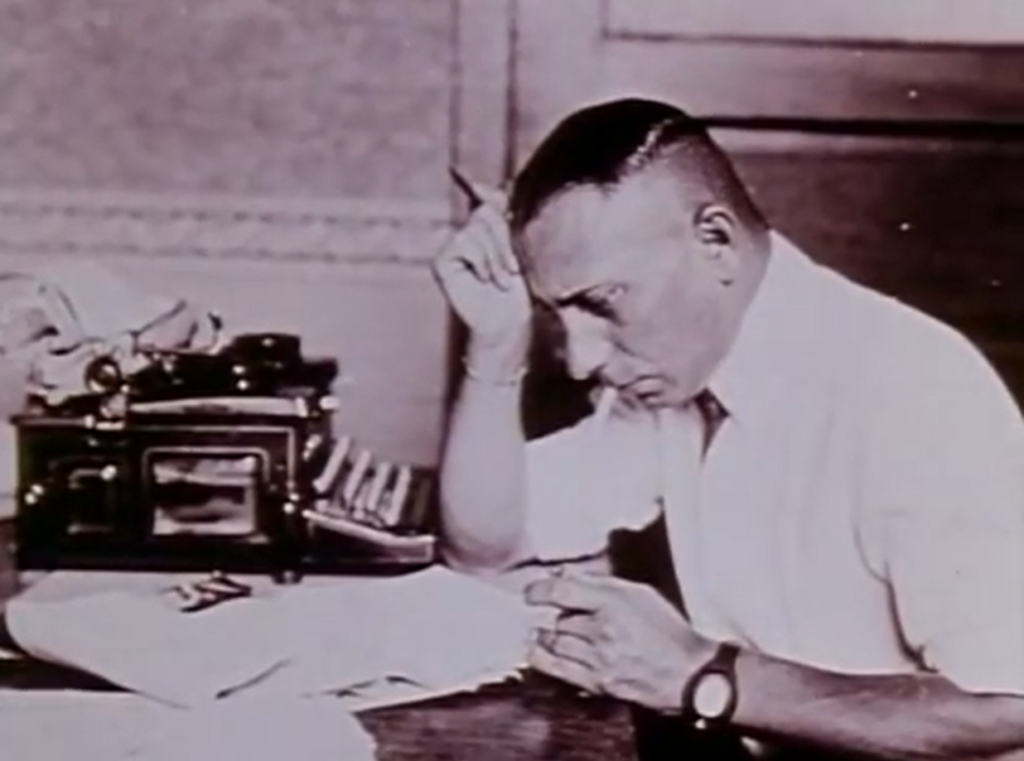|
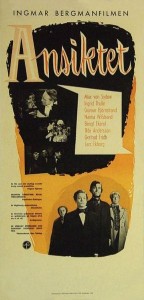
Synopsis:
In 1840s Sweden, a mute magician (Max von Sydow) and his troupe arrive in a small town, where the police commissioner (Toivo Powlo), a doctor (Gunnar Bjornstrand), and a civil servant (Erland Josephson) all attempt to determine whether von Sydow’s powers are real or illusionary.
|
|
Genres, Themes, Actors, and Directors:
- Ingmar Bergman Films
- Magicians
- Max von Sydow Films
- Morality Police
- Scandinavian Films
Review:
According to IMDb, Ingmar Bergman directed no less than 67 films (including some made-for-TV titles and some shorts) over the course of his lengthy career; of these, Peary lists 18 in his GFTFF. The Magician (also known as Ansiktet, or The Face) is chronologically the fifth “entry” in his book, following The Naked Night / Sawdust and Tinsel (1953), Smiles of a Summer Night (1955), Wild Strawberries (1957), and The Seventh Seal (1957); of these, it bears most resemblance to The Naked Night in its focus on travelling performers, who represent a disruptive presence to staid Scandinavian morality. In both films, Bergman compassionately yet ruthlessly reveals the hidden vulnerabilities of those whose calling is to provide respite and/or entertainment to the masses — and in The Magician, Bergman simultaneously exposes “magic” (a proxy for cinema?) as a necessary deception, a tool we use to allow ourselves the enjoyment and satisfaction we crave. In one particularly humorous and bawdy vignette, for instance, a cook lets herself be sweet-talked by a salesman in the troupe, revealing shortly thereafter that she’s aware his “love potion” is a sham but doesn’t mind, since her real goal is to bed him. (Ah, these refreshingly frank Scandinavian films! How 1950s American audiences must have eaten them up!)
This being a Bergman film, however, other vignettes are much less light-hearted. The central storyline — regarding von Sydow’s mute magician and his wife (Ingrid Thulin), dressed to look like his young male accomplice as part of their collective disguise — involves scandal, shame, and infidelity; and a subplot involving a suicidal traveler (Bengt Ekerot – “Death” in The Seventh Seal, though you may not recognize him) is decidedly grim. It’s to Bergman’s credit that he manages to mix sensibilities so fluidly throughout his episodic narrative, shifting easily from comedy to tragedy as various characters’ stories come together to tell a broader thematic tale. Bergman seems to be arguing that we all want to be “seduced” (visually, romantically, metaphorically) in one way or another, yet we simultaneously crave rational control over ourselves and our environment; the question is, can these conflicting goals co-exist? Unfortunately, The Magician‘s narrative gets a bit muddled towards the end, making it less satisfying as a whole than it could be; however, it remains worthy viewing at least once by all film fanatics.
Redeeming Qualities and Moments:
- Gunnar Fischer’s cinematography
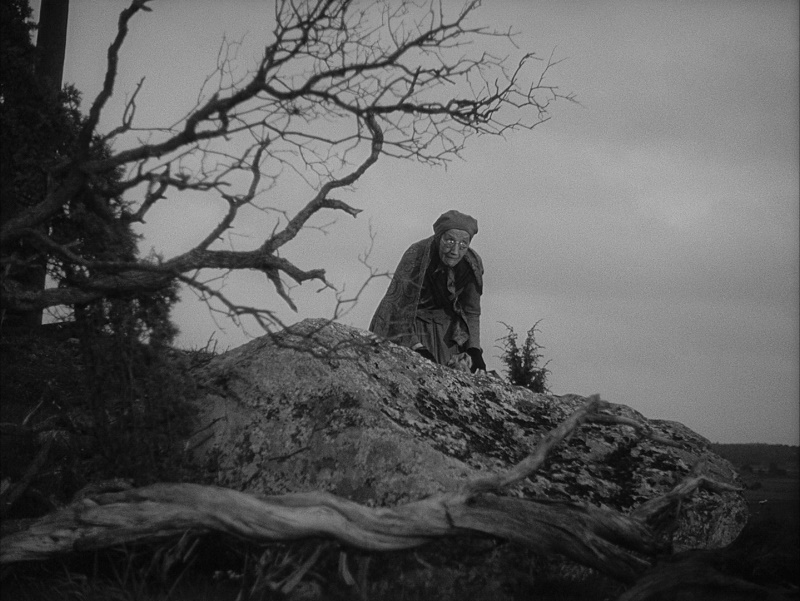
- Fine performances by the entire cast

- Bergman’s slyly satirical screenplay
Must See?
Yes, as yet another provocative early Bergman film. Listed as a film with Historical Importance and a Personal Recommendation in the back of Peary’s book.
Categories
- Foreign Gem
- Important Director
Links:
|
